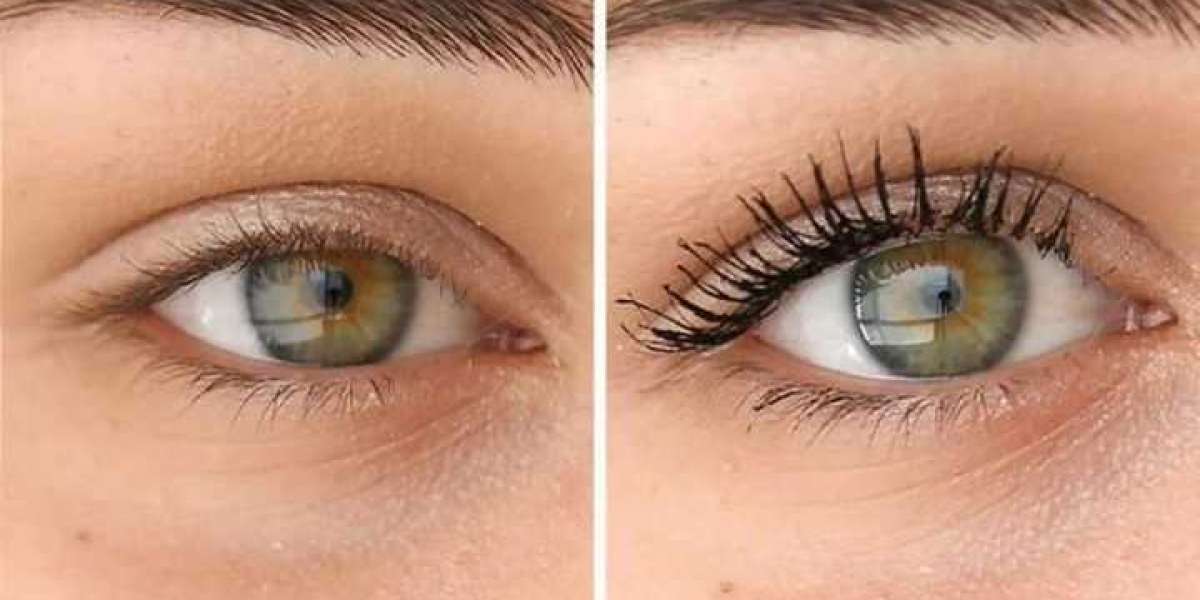 Autism is a complex neurodevelopmental disorder that affects communication, social interaction, and behavior. It is estimated that 1 in 54 children in the United States are diagnosed with autism spectrum disorder (ASD). While there autism cure with stem cells is currently no cure for autism, researchers are exploring new treatment options, including stem cell therapy. Stem cell therapy is a promising treatment for a variety of medical conditions, including autism. Stem cells are unique cells that have the ability to develop into different types of cells in the body. They can be used to repair damaged tissues, reduce inflammation, and promote regeneration. In the case of autism, stem cell therapy aims to repair the neural connections in the brain that are disrupted in individuals with ASD. This can help improve communication, social skills, and behavior in children with autism. Several studies have shown that stem cell therapy can be effective in treating autism. In a study published in the journal Stem Cells Translational Medicine, researchers found that stem cell therapy improved language and social skills in children with autism. Another study published in the Journal of Translational Medicine found that stem cell therapy reduced inflammation in the brains of children with autism, leading to improvements in behavior. One of the advantages of stem cell therapy is that it is minimally invasive and has few side effects. The procedure involves extracting stem cells from the patient's own body, usually from bone marrow or adipose tissue, and then injecting them into the brain or spinal cord. This can help stimulate the growth of new neurons and repair damaged neural connections. While stem cell therapy shows promise as a treatment for autism, it is important to note that more research is needed to fully understand its safety and effectiveness. Clinical trials are currently underway to evaluate the long-term effects of stem cell therapy in individuals with autism. In addition to stem cell therapy, other treatments for autism include behavioral therapy, speech therapy, and medication. It is important for individuals with autism to receive a comprehensive treatment plan that addresses their unique needs and challenges. Overall, stem cell therapy offers hope for individuals with autism and their families. While there is still much to learn about this innovative treatment, it has the potential to improve the lives of those affected by autism and help them reach their full potential. With continued research and advancements in stem cell technology, we may one day find a cure for autism.
Autism is a complex neurodevelopmental disorder that affects communication, social interaction, and behavior. It is estimated that 1 in 54 children in the United States are diagnosed with autism spectrum disorder (ASD). While there autism cure with stem cells is currently no cure for autism, researchers are exploring new treatment options, including stem cell therapy. Stem cell therapy is a promising treatment for a variety of medical conditions, including autism. Stem cells are unique cells that have the ability to develop into different types of cells in the body. They can be used to repair damaged tissues, reduce inflammation, and promote regeneration. In the case of autism, stem cell therapy aims to repair the neural connections in the brain that are disrupted in individuals with ASD. This can help improve communication, social skills, and behavior in children with autism. Several studies have shown that stem cell therapy can be effective in treating autism. In a study published in the journal Stem Cells Translational Medicine, researchers found that stem cell therapy improved language and social skills in children with autism. Another study published in the Journal of Translational Medicine found that stem cell therapy reduced inflammation in the brains of children with autism, leading to improvements in behavior. One of the advantages of stem cell therapy is that it is minimally invasive and has few side effects. The procedure involves extracting stem cells from the patient's own body, usually from bone marrow or adipose tissue, and then injecting them into the brain or spinal cord. This can help stimulate the growth of new neurons and repair damaged neural connections. While stem cell therapy shows promise as a treatment for autism, it is important to note that more research is needed to fully understand its safety and effectiveness. Clinical trials are currently underway to evaluate the long-term effects of stem cell therapy in individuals with autism. In addition to stem cell therapy, other treatments for autism include behavioral therapy, speech therapy, and medication. It is important for individuals with autism to receive a comprehensive treatment plan that addresses their unique needs and challenges. Overall, stem cell therapy offers hope for individuals with autism and their families. While there is still much to learn about this innovative treatment, it has the potential to improve the lives of those affected by autism and help them reach their full potential. With continued research and advancements in stem cell technology, we may one day find a cure for autism.
Search
Popular Posts
-
 Vestido Kukie Vermelho: O Toque de Elegância que Você Precisa no Seu Guarda-Roupa
Vestido Kukie Vermelho: O Toque de Elegância que Você Precisa no Seu Guarda-Roupa
-
 Everything You Need To Learn About Coffee Machine Delonghi
By coffeee5176
Everything You Need To Learn About Coffee Machine Delonghi
By coffeee5176 -
 Transforme Seu Hotel com Roupões Sustentáveis: Dicas Práticas para uma Escolha Ecológica
Transforme Seu Hotel com Roupões Sustentáveis: Dicas Práticas para uma Escolha Ecológica
-
 BET9JA promo code: YOHAIG - ₦100000 Welcome Bonus - GET 170 Multiple Boost Bonus
BET9JA promo code: YOHAIG - ₦100000 Welcome Bonus - GET 170 Multiple Boost Bonus
-
 Veterinário: É Doutor ou Não? Entenda o Título e sua Importância na Medicina Animal!
Veterinário: É Doutor ou Não? Entenda o Título e sua Importância na Medicina Animal!



